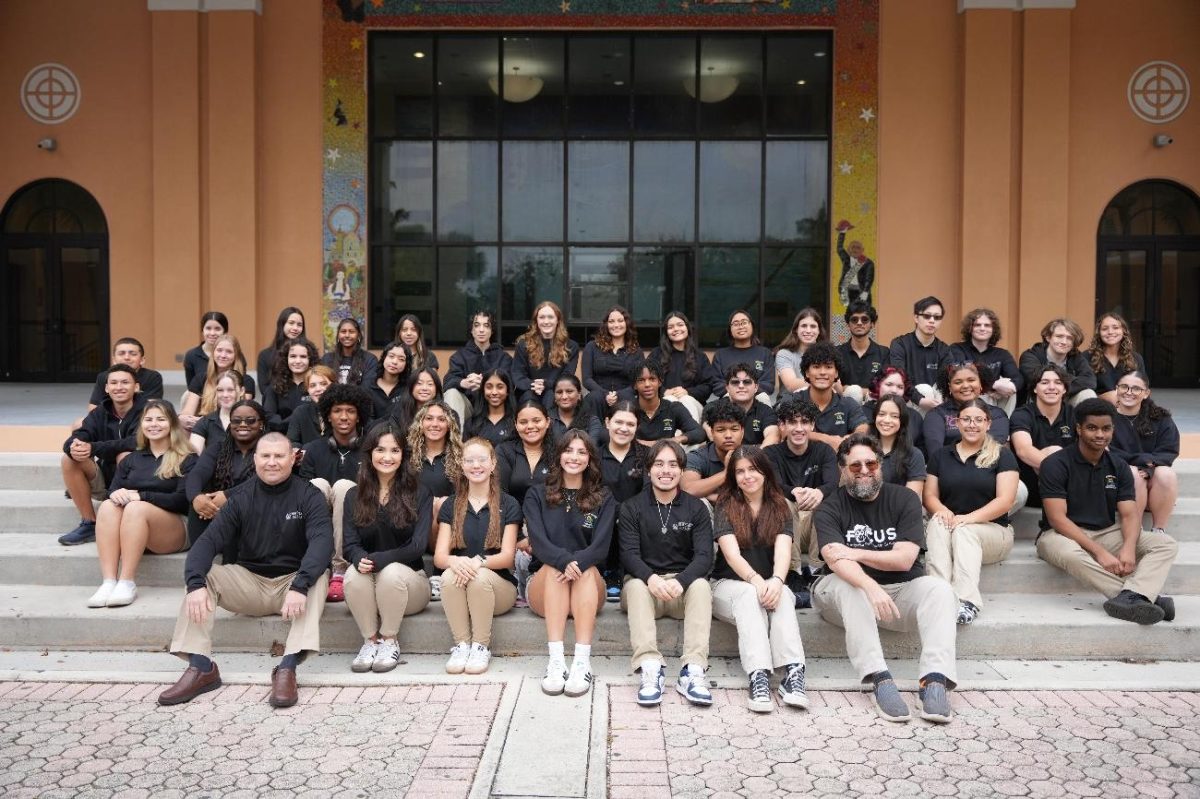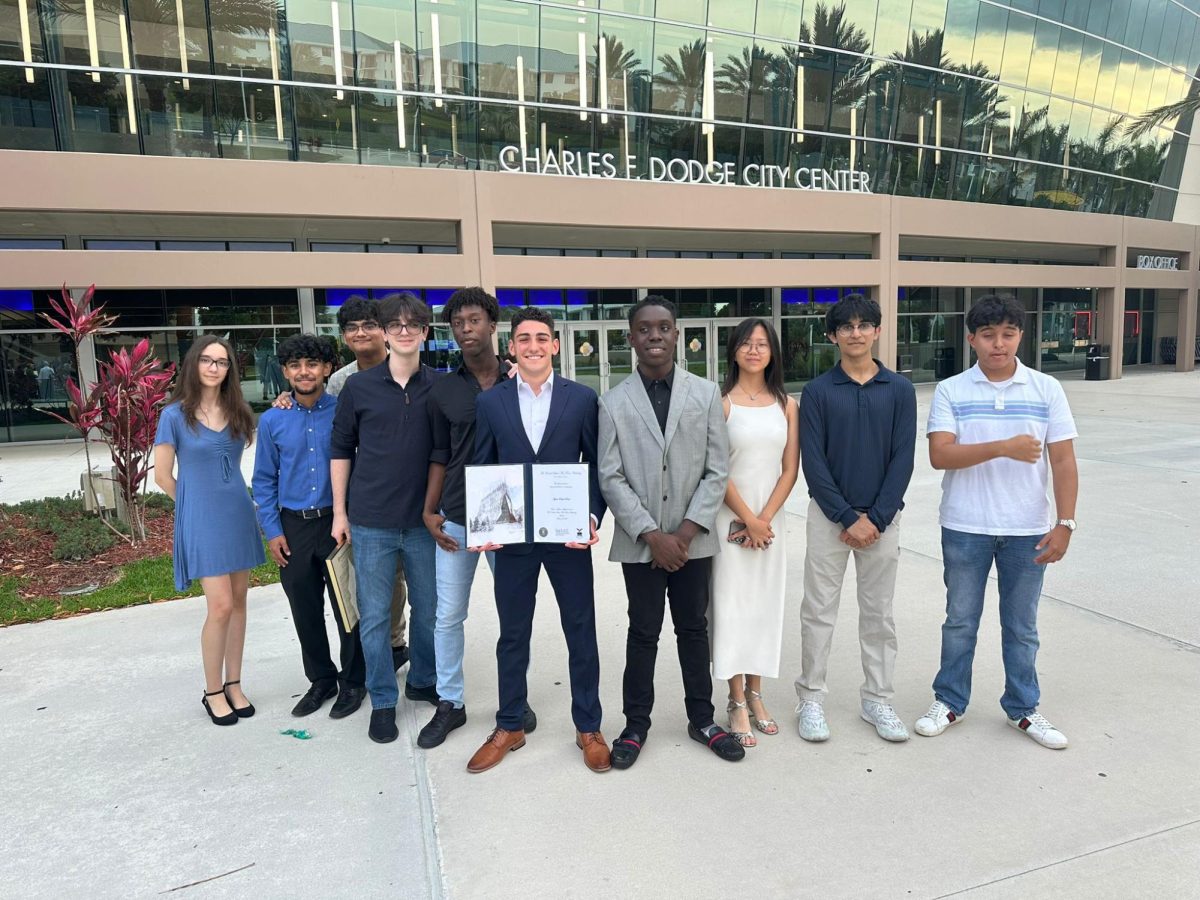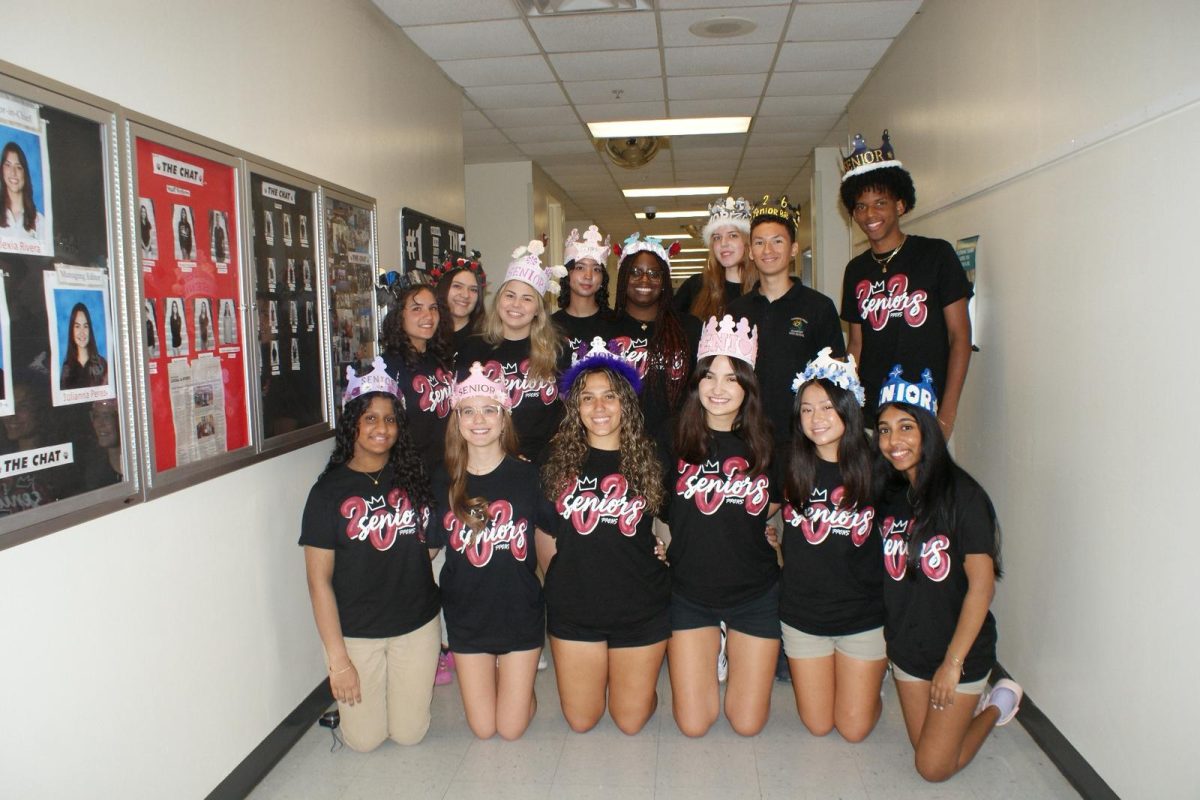In the ever-evolving world of YouTube content, few trends have captivated audiences quite like mukbangs. Originating from South Korea, mukbang—derived from the Korean words “muk-ja” (eat) and “bangsong” (broadcast)—features hosts consuming large quantities of food while engaging with their audience.
Nicholas Perry “Nikocado Avocado” is a prominent figure in the mukbang community, known for his extravagant food challenges and often dramatic presentations. His channel, which boasts millions of subscribers, has sparked significant debate regarding the health implications of mukbang culture, particularly as it relates to binge eating and obesity.
Over the past few months, the mukbang genre has experienced a noticeable surge in popularity, driven by the recent controversy surrounding Avocado and his drastic weight loss.
Initially, Nikocado gained fame for his unique approach to making mukbang videos—combining food consumption with personal storytelling and emotional expression. His videos often feature large quantities of food, ranging from traditional dishes to fast food, attracting viewers with both curiosity and shock. However, his content has drawn criticism for promoting unhealthy eating habits and normalizing excessive food consumption.
Junior Amariah Ayum states, “Mukbangs are such a weird concept. I get trying new foods and sharing with the internet, but I just feel like eating that excessively solely for the purpose of views is kind of disgusting. It makes me uncomfortable because I always wonder how the influencer doesn’t feel sick after doing that to themselves over and over again!”
Recently, Nikocado has embarked on a weight loss journey, a significant shift from his previous content. This transformation has received mixed reactions from fans and critics alike. While some celebrate his efforts to prioritize health, others question the authenticity of his motives, considering the potential for such changes to serve as a new form of entertainment rather than a genuine lifestyle shift.
Along with Avocado, Jelly Bean Sweets, a new mukbanger, has been brought up in the discussion of how harmful mukbangs can be. Sweets rose to fame on TikTok for her fun, charming fitness videos. But recently, her fans have become concerned about her health after noticing that she has been eating huge portions of fast food. In one of her videos, she is eating a Chipotle bowl and burrito, along with other items, which many thought was an absurd amount for one person. Her videos have increased, and she continues to make multiple mukbang videos that put her fans at unease.
Another huge name in the genre is Zach Choi. Known for his ASMR mukbangs, Choi combines the sensory experience of eating with the soothing sounds of ASMR. His content has gained massive popularity due to its immersive and calming nature, distinguishing him from other mukbang creators who focus more on quantity.
His videos, in which he never speaks, have been a huge hit in the mukbang community and he continues to this day to make content that people endlessly adore. “I feel that mukbangs are sort of an ASMR and, sometimes, when I watch them, they are eating for me or they make the food look extra tasty,” comments senior Alexandra Villafane.
Stephanie Soo has also made waves with her engaging mukbang videos. Her content often includes elaborate meal preparations and thoughtful commentary, which resonates with viewers seeking a blend of culinary exploration and personal connection. Her more recent mukbang videos have turned into a true crime podcast called, Rotten Mango, in which she eats while explaining dark crime stories. The twisted tales and the yummy food seem to have the internet indulging in more than one video genre at a time.
Youtube channels such as these have mixed opinions, but you can’t deny that they are entertaining. So, whether you are ravenous for a new video to watch or starving for some drama, there is no limit on what these youtubers have to offer.









